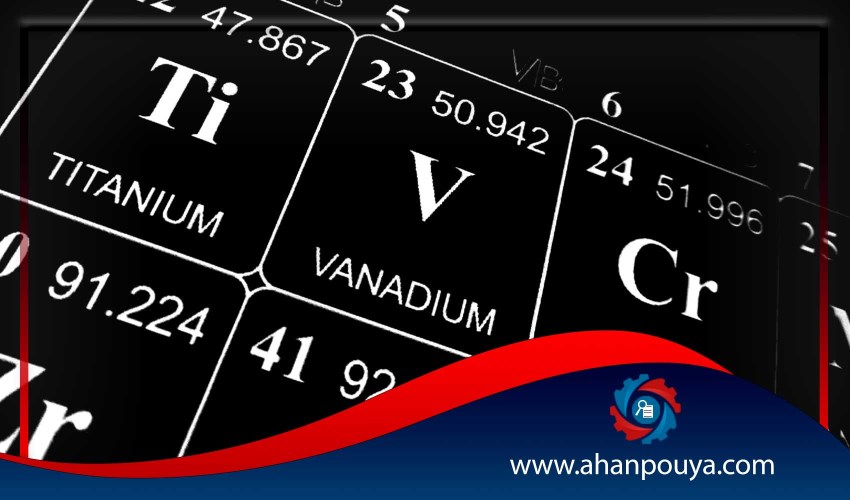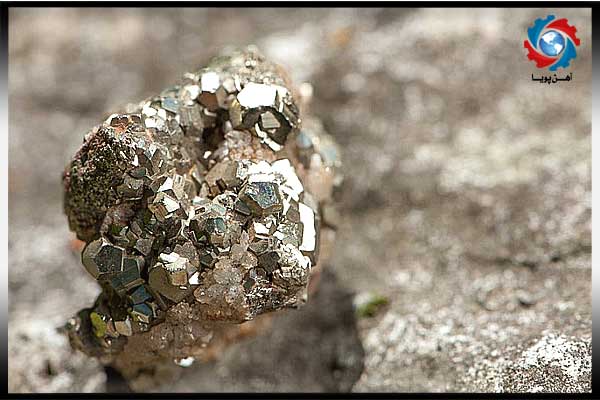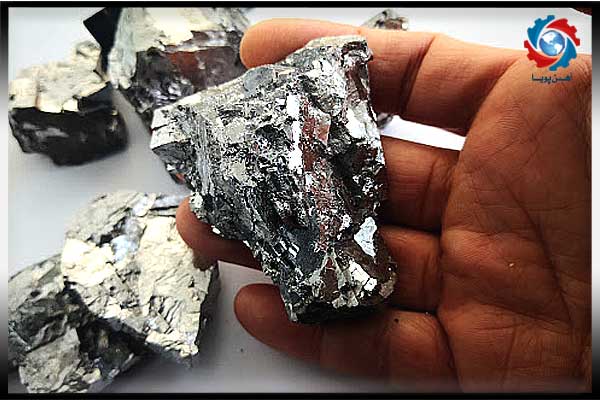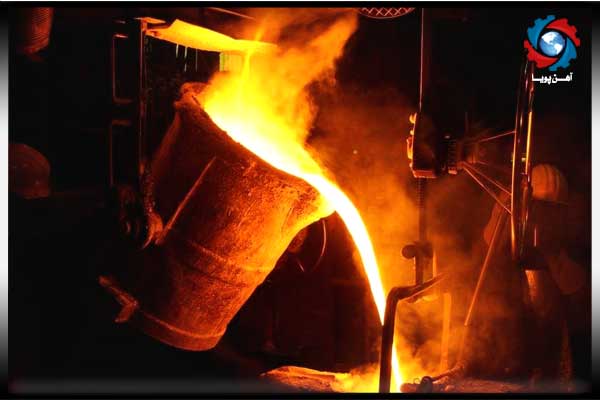
It is called a metal alloy that is composed of a combination of iron and vanadium. The amount of vanadium used in this type of alloy is between 40 to 80%. This alloy can be produced in a variety of ways, including oxygen reduction and recycling.

1. It is soft and flexible and when hard in the presence of oxygen and hydrogen, it becomes hard.
2. Its melting temperature is 1890 degrees Celsius
3. Its boiling point is 3380 degrees Celsius
4. The density of this material is about 6.11 grams per cubic centimeter
Ferrovanium alloy material has unique properties that have caused this alloy material to find many applications. Some of these features include:
1. Has very high resistance against alkalis, sulfuric acid and hydrochloric acid
2. Fruvanadium has very little corrosion and is resistant to all types of corrosion
3. Adding this substance to other metals reduces the weight of the final product
4. Resistant to all types of wear
5. Has stabilizing properties
6. Has a very high resistance to creep
7. The use of this material causes the formation of fine grains
8. It is a safe material for transportation
9. It should not be directly exposed to oxygen and any acid

The aluminotherm process for the preparation of ferrovanadium alloy is a different method from other methods of ferrovanadium production. This method is very exothermic. According to the aluminotherm method, a mixture of vanadium oxide, scrap iron and aluminum is placed in a rechargeable electric furnace. This is when the reaction between aluminum and vanadium pentoxide begins. The ferrovanadium produced in this method contains more than 80% vanadium in its composition.
Ferrovanadium has many applications in various industries, the most important applications of which are as follows:
1. Use as an additive to steel that increases the resistance to rust and corrosion of steel
2. Use as a very strong carbide
3. Use in welding
4. Use in a variety of cutting tools
5. Can be used as construction steels
6. Use in casting
7. Making all kinds of car parts
8. Construction of various types of aircraft engines and fighter jets
9. Can be used in raw materials for making turbine blades

Ferrovanadium production has been linked to other methods by reducing vanadium concentrate to carbon. The product produced by this method contains 85% vanadium, 12% carbon and 2% iron, which is produced in vacuum furnaces. The use of vanadium carbide instead of vanadium in industry has led to a significant expansion of steelmaking.
In some cases, ferrovanadium is produced by reducing ferrosilicon. This method is not widely used. This method is a two-step method. In this method, vanadium, pentoxide, ferrosilicon and lime are mixed together in electric ovens, which reduces the hot oxide. The iron alloy produced in this operation contains 30% by weight of vanadium, with which undesirable amounts of silicon are produced.

1. This substance can cause serious lung damage
2. Flammable when exposed to heat or flame
3. Causes various liver and kidney diseases
4. It also causes skin rashes
5. Nasal bleeding and sore throat
6. Dizziness

Ahan Pouya with more than a decade of best-selling experience, adheres to professional and ethical principles in the field of selling and buying at inside and outside the borders of Iran, helping you in the steel industry.